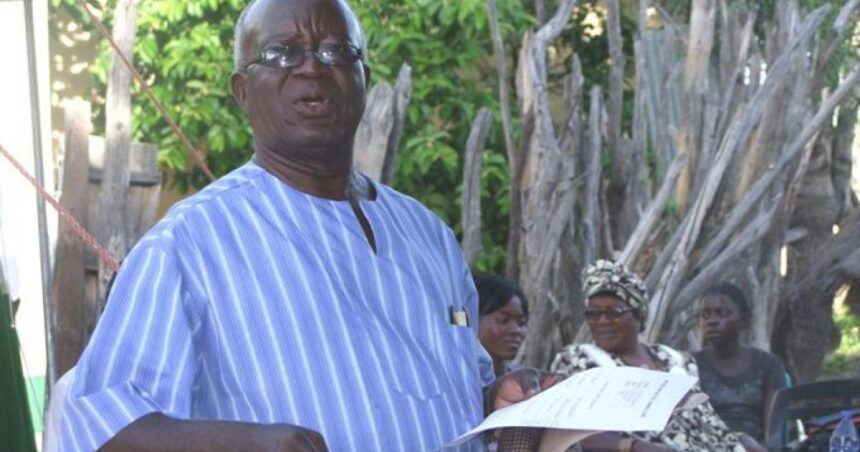Newly sworn-in parliamentarian Hidipo Hamata this week raised the plight of Ohangwena residents, claiming they have always experienced food insecurity, underdevelopment, high youth unemployment, limited access to primary healthcare, a lack of potable water, poor sanitation and subpar housing.
“Many people in the region still walk long distances to fetch water from wells and ponds, while the region is said to have rich underground water resources.
“A majority of schoolgoing children have to walk long distances to access education in the region. We have a combined number of 47 schools in the region that are without water and electricity, whilst five school hostels are in a dilapidated state,” Hamata said in his maiden speech in parliament on Wednesday.
Hamata, who is in the National Assembly on the Popular Democratic Movement ticket, said these sad realities of the region, coupled with the region’s low communal agricultural farming production, have earned the region the status of “poorest region in the country”.
He said teenage pregnancies are another major concern in the Ohangwena region.
“Namibia recorded 2 465 teenage pregnancies in January and February this year,” said Hamata, who himself hails from Omafo in the Ohangwena region.
Hamata said the region recorded the highest teenage pregnancies with 375.
“This is very concerning. We need to implore on successful strategies like community programmes to improve social development, responsible sexual behaviour education and improved contraceptive counselling and delivery to prevent or minimise adolescent teenage pregnancies in the region,” he said.
He said one thing that deeply disturbs him in the region is the unabated crimes against women and children as well as alarming rates of suicide, especially by young people.
“Hardly a week passes by without the region reporting an incident of rape, gender-based violence (GBV), suicide or murder. Disturbingly, every time these crimes are reported by the media, Ohangwena becomes the centre of jokes on social media,” he said.
He asserted it is past time for authorities to look into the causes of the GBV in the area.
“It is high time that these crimes are not merely statistics and social media jokes but are addressed to put an end to these social problems. I am not an expert in psychiatry, psychology or social work but I think it is high time that these experts are deployed in the region to provide counselling services to potential perpetrators of crimes against women and children as well as those who harbour thoughts of taking their own lives,” said Hamata.


